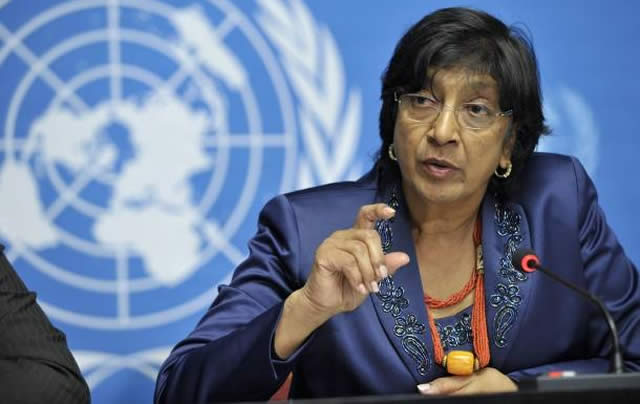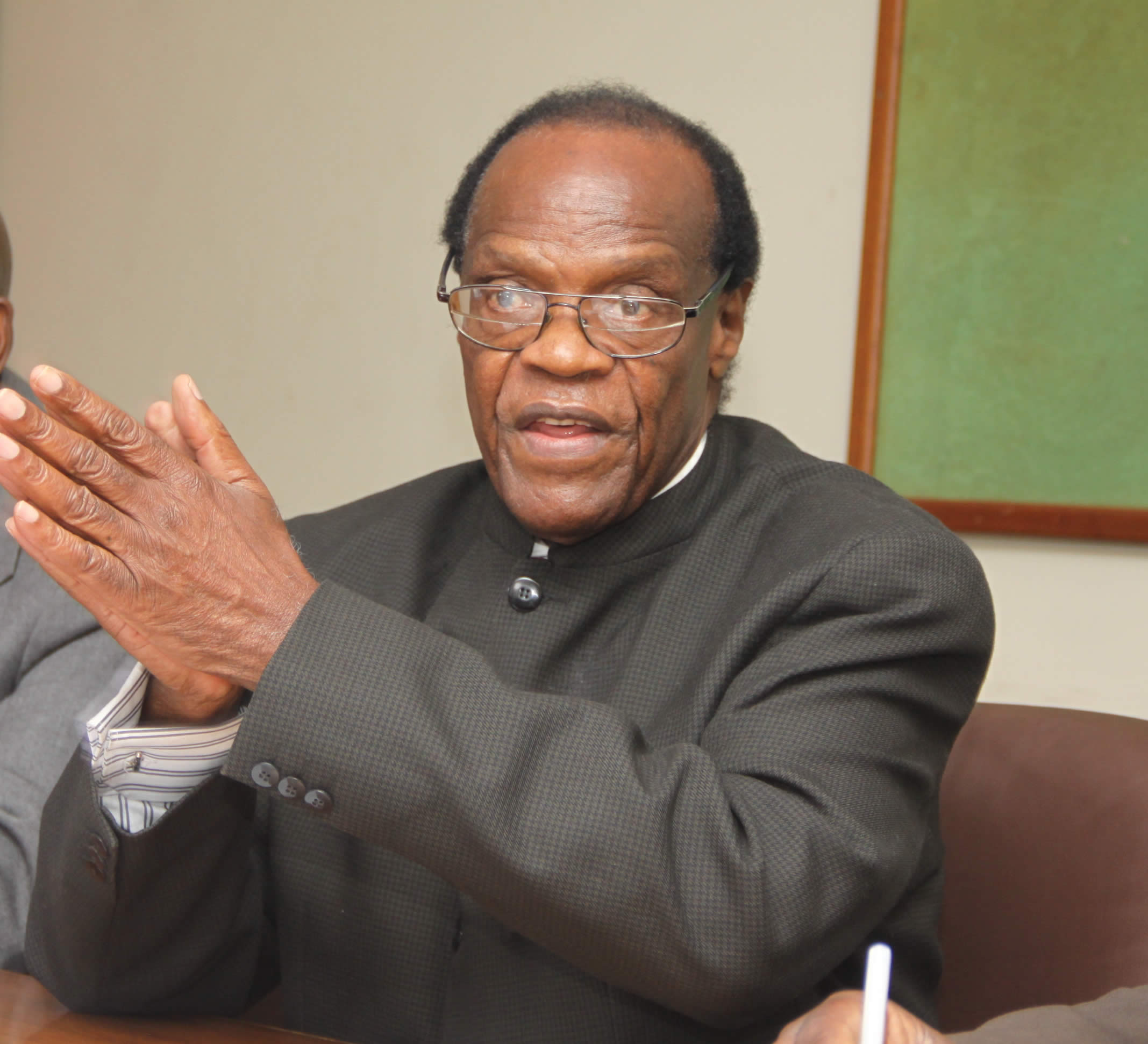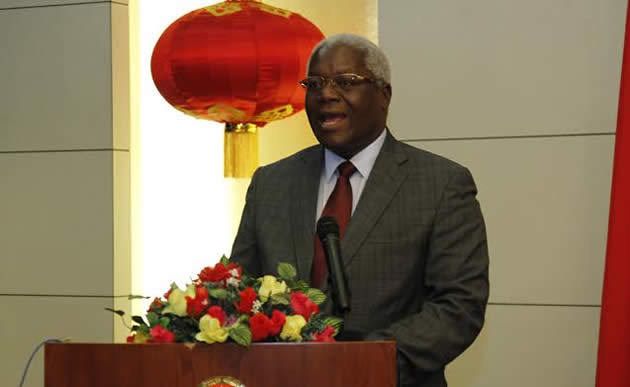UN probes Israeli war crimes in Gaza

THE United Nations Human Rights Council (UNHRC) yesterday resolved to launch an international inquiry into human rights violations committed during Israel’s barbaric military offensive in Gaza amid widespread condemnation of Israel for possible war crimes. This came as Palestinians, Zimbabweans and the Moslem community in Zimbabwe marched in solidarity with residents of Gaza, accusing Israel of war crimes and calling on the United Nations to find its voice.
Ms Navi Pillay, the UN high commissioner for human rights, warned earlier that Israel may have committed war crimes in its three-week offensive in the Gaza Strip, where over 640 Palestinians have been killed, 75 percent of them civilians, amid shocking reports that one Palestinian child has been killed every hour since July 8.
Over the same period, 25 Israeli soldiers and two Israeli civilians were killed by rocket and mortar fire.
Ms Pillay told an emergency debate at the UNHRC in Geneva that Israel had not done enough to protect civilians.
“There seems to be a strong possibility that international law has been violated, in a manner that could amount to war crimes,” Ms Pillay said, citing air strikes and the shelling of homes and hospitals.
The killing of civilians in Gaza, including dozens of children, raised concerns over Israel’s precautions and its respect for proportionality, she said.
She also condemned Hamas, the Islamist movement that rules Gaza, and other armed Palestinian groups, for their “indiscriminate attacks” on Israel
At the end of an emergency session, the 47-member Geneva state forum adopted a resolution presented by Palestinians by a vote of 29 states in favour, one against (the United States) with 17 abstentions (including some European Union members).
Pillay’s comments, in a debate held at the request of Egypt, Pakistan and the state of Palestine (which has observer status at the UN), were in response to a resolution calling for an investigation into the Gaza campaign, launched on July 8 with the declared objective of halting rocket fire into Israel.
The UN human rights council body has a majority that is pro-Palestinian. Israel only recently rejoined it after a 20-month boycott.
Citing cases of Israeli air strikes and shelling hitting houses and hospitals in the coastal enclave, the UN Human Rights chief said war crimes may have been committed.
“These are just a few examples where there seems to be a strong possibility that international humanitarian law has been violated, in a manner that could amount to war crimes.
“Every one of these incidents must be properly and independently investigated.”
Ms Pillay’s sentiments marked the UN’s strongest comments on the Israeli bombardment.
The resolution also called on the international community to “urgently dispatch an independent, international commission of inquiry” tasked with probing “all violations of international human rights law and international humanitarian law in the Occupied Palestinian Territory, including East Jerusalem, particularly in the occupied Gaza Strip”
International humanitarian law was enacted to protect people who do not take part or who have ceased to take part in the hostilities.
According to the 1949 Geneva Convention, people who should be provided with protection during war include, the wounded and sick members of the armed conflicts on land; sick, wounded and shipwrecked members of the armed forces at sea; prisoners of wars; civilians, including foreign civilians and refugees on the territory where the hostilities take place and civilians in occupied territories.
Apart from these four main categories, protection is also afforded to personnel of civil defence units, medical and religious personnel and institutions.
The international humanitarian law is closely linked to human rights law as both are concerned with the dignity of human beings in times of peace and war.
Human rights instruments impose on states’ obligations which are mainly applicable during peacetime. Nonetheless, most human rights instruments allow states to derogate from all the most essential of their obligations in times of public emergencies.
Punishment for war crimes vary from case to case, but may include embargoes on countries and imprisonment for individual offenders. – Reuters/Herald Reporter










Comments